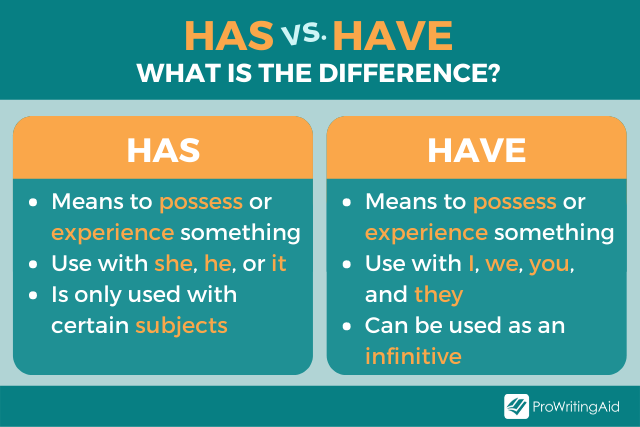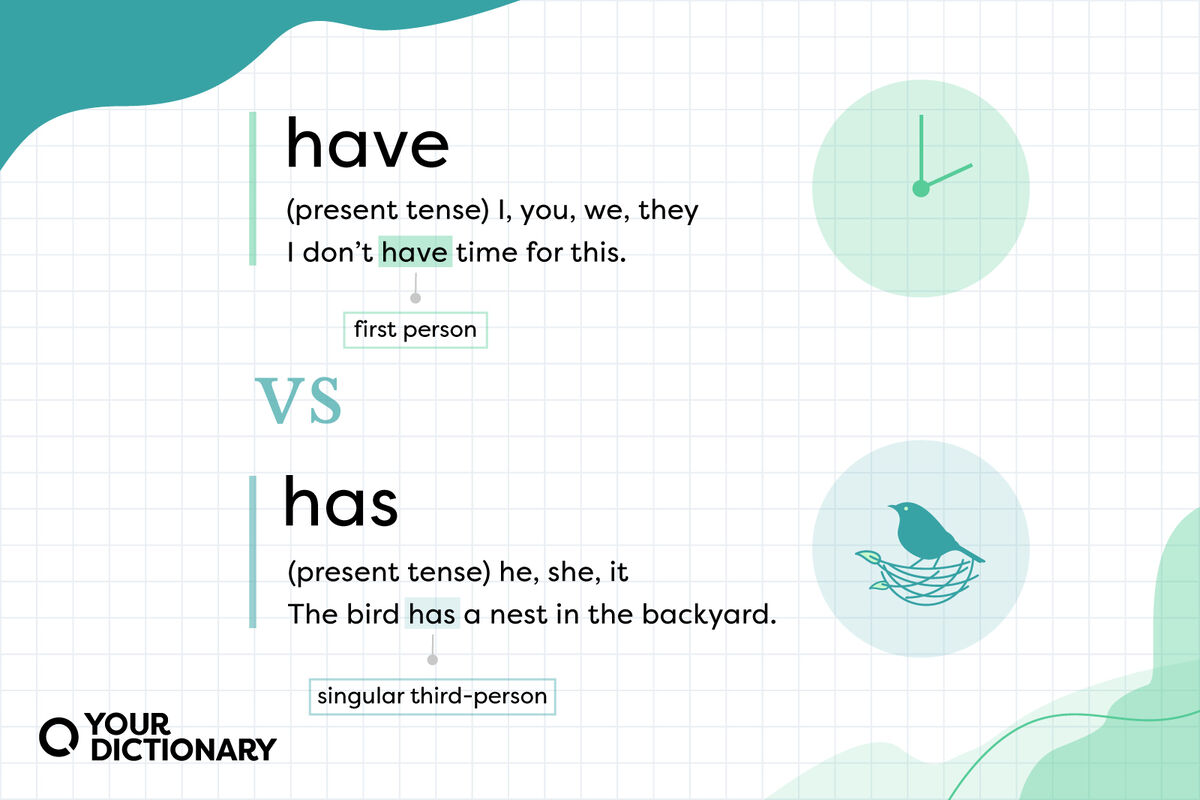Understanding "Has Trump Been Convicted?": Legal Facts And Grammatical Insights
Detail Author:
- Name : Matilda Abshire
- Username : marietta.walter
- Email : meggie.eichmann@rodriguez.com
- Birthdate : 1984-06-28
- Address : 1707 Erica Via Myrlhaven, TX 06832-1499
- Phone : +1-541-890-7437
- Company : Wyman, Lang and Homenick
- Job : Floral Designer
- Bio : Et sunt suscipit ea consectetur. Aperiam mollitia modi ut consequatur. Eum id ipsa nam harum maiores et commodi. Temporibus consequuntur esse debitis voluptatem eius similique.
Socials
linkedin:
- url : https://linkedin.com/in/cmcglynn
- username : cmcglynn
- bio : Qui hic nulla quia harum nihil id voluptas ut.
- followers : 2529
- following : 155
instagram:
- url : https://instagram.com/caroline_official
- username : caroline_official
- bio : Qui illo iste id eum expedita. Voluptate sed nihil molestias dignissimos corporis libero.
- followers : 4081
- following : 1822
twitter:
- url : https://twitter.com/caroline1261
- username : caroline1261
- bio : Aperiam hic quia saepe perferendis illo incidunt. Praesentium neque enim vitae impedit laudantium sit. Illo voluptatem fugiat voluptatem.
- followers : 2882
- following : 2421
When big news breaks, especially involving well-known public figures, everyone has questions. A question many people are searching for right now is, "Has Trump been convicted?" This isn't just a simple yes or no; it opens up discussions about the legal world and, rather interestingly, how we even ask such questions in the first place. You see, the way we phrase things matters, and understanding the current situation can really help make sense of all the information floating around.
It's pretty clear that when someone famous faces legal challenges, the public gets very interested. People want to know what's happening, what it means for the person involved, and, in some respects, what it means for the wider community. This curiosity drives a lot of searches, and it's perfectly natural to seek out clear, straightforward answers to things that seem a bit complicated at first glance, you know?
So, we'll take a closer look at the facts about former President Donald Trump's legal standing. We'll also explore why the specific phrasing "has Trump been convicted" is grammatically sound, drawing on some common language rules. This way, you can get a better handle on both the legal picture and, actually, the language we use to talk about it.
Table of Contents
- Understanding the Current Legal Situation
- Donald J. Trump: A Brief Look
- Why We Ask "Has Trump Been Convicted"? The Grammar Behind It
- The Path to Being Found Guilty: A General Overview
- Public Interest and the News Cycle
- Common Questions People Have
Understanding the Current Legal Situation
As of late May 2024, there's been a significant legal development concerning Donald Trump. He was found guilty on all counts in a New York criminal case. This particular case involved business records that were said to be falsified. So, to answer the main question directly, yes, he has been convicted in that specific instance.
It's important to remember that this conviction happened in one particular case. Donald Trump has faced, and continues to face, various other legal actions and investigations across different places. These other situations are still making their way through the court system, so their outcomes are not yet decided. This means the legal picture is, in a way, always moving.
The legal journey for public figures can be quite extensive, with many different steps and proceedings. This particular verdict marks a notable point in his legal story, but it's just one piece of a much larger puzzle, you know?
Donald J. Trump: A Brief Look
Donald John Trump is an American politician and businessman who served as the 45th president of the United States from 2017 to 2021. Before entering politics, he was a prominent real estate developer and television personality. His career has always drawn a lot of public attention, and he remains a very central figure in American life, apparently.
| Detail Category | Information |
|---|---|
| Full Name | Donald John Trump |
| Date of Birth | June 14, 1946 |
| Place of Birth | Queens, New York City, U.S. |
| Education | Wharton School of the University of Pennsylvania (B.S.) |
| Occupation Before Presidency | Businessman, Real Estate Developer, Television Personality |
| Political Party | Republican |
| Presidential Term | 2017–2021 |
His background in business and media gave him a very public profile long before his political career truly took off. This history contributes to the widespread interest in his activities, including his legal matters, as a matter of fact.
Why We Ask "Has Trump Been Convicted"? The Grammar Behind It
It's interesting, isn't it, how we phrase questions about completed events? The question "Has Trump been convicted?" is actually a perfectly good way to ask if an event has happened. This structure, using "has" with the past participle ("been convicted"), is a common way to talk about something that finished in the past but has a connection to the present. It's used to ask if an event has been completed, so it is appropriate for the circumstance, as you can see at various resources, like EnglishPractice.com, found by many.
Now, sometimes people get a bit mixed up with "has" and "have," especially when other verbs are involved. For example, you might hear someone say, "She doesn't has a book," but that's not quite right. The correct way is "She doesn't have a book." Why? Because when you use auxiliary verbs like "do," "does," or "did" in a question or a negative sentence, you always use the root form of the main verb. So, you don't use "has" with "do," "does," or "did" in an interrogative or negative sentence. You always use the root form of the verb, which is "have."
But in our main question, "Has Trump been convicted?", "has" isn't being used with "do" or "does" as an auxiliary for the main verb "have." Instead, "has" is acting as the auxiliary verb for the present perfect tense in a passive voice construction ("been convicted"). This means it's asking about an action that was completed by someone else, but the focus is on the subject (Trump) and whether that action happened to him. So, in this context, "has" is absolutely the right choice, you know, for asking if that particular event has come to pass.
Similarly, think about "Tea is come" versus "Tea has come." "Tea has come" is what we say when the tea has arrived and is now here. Or "lunch is ready" versus "lunch has ready." We say "lunch is ready" because "ready" is an adjective describing its state, but if we were talking about an action completed, we'd use "has." For instance, "he has come back" is correct for a completed action of returning, rather than "he is come back." This is all about asking if an event has been completed, and that's exactly what "Has Trump been convicted?" does, in a way.
The Path to Being Found Guilty: A General Overview
Understanding what it means to be "convicted" helps a lot. In the American legal system, a conviction isn't just something that happens overnight. It's the end result of a very specific process. First, there's usually an investigation, where authorities gather information about alleged wrongdoings. Then, if enough evidence is found, charges might be brought, which is basically an official accusation of a crime. This is just the start, mind you.
After charges are filed, the case moves to trial. During a trial, both sides—the prosecution (who bring the charges) and the defense (who represent the accused)—present their arguments and evidence. A jury, or sometimes just a judge, listens to everything. The person accused is always considered innocent until proven guilty beyond a reasonable doubt, which is a very high standard to meet, really.
If the jury or judge decides that the evidence proves guilt, then a verdict of "guilty" is reached. This is the point where a person is "convicted." After that, there's usually a sentencing phase, where the court decides on the punishment. It's a very structured and careful path, designed to ensure fairness and due process for everyone involved, as a matter of fact. You can learn more about the steps of a legal trial on our site.
Public Interest and the News Cycle
When high-profile individuals, like former presidents, are involved in legal cases, the public's interest tends to go way up. People want to know every detail, and the news media plays a big part in sharing that information. News outlets work to keep everyone updated on developments, court appearances, and verdicts, obviously.
This constant flow of information means that questions like "Has Trump been convicted?" become very popular search terms. It reflects a desire for current and accurate facts in a world where news travels incredibly fast. It's pretty much a reflection of how connected we all are through information, you know?
Staying informed from reliable sources is always a good idea when following such significant events. It helps to separate fact from speculation and get a clearer picture of what's truly happening. For instance, you can often find reliable updates on major news sites like AP News's politics section, which tends to cover these matters with a focus on factual reporting.
Common Questions People Have
What is Donald Trump's current legal status?
As of late May 2024, Donald Trump has been found guilty in a criminal case in New York related to falsified business records. This means he has a conviction in that specific case. However, he is also facing other legal proceedings in different jurisdictions, and those cases are still ongoing and have not yet reached a final verdict. So, his overall legal status is a mix of a recent conviction and continuing legal challenges, basically.
What kinds of charges has he faced?
Donald Trump has faced a range of charges across various cases. These include, but are not limited to, charges related to falsifying business records (the recent conviction), charges connected to the handling of classified documents after his presidency, and charges related to efforts to overturn election results. Each case involves different allegations and legal frameworks, which can make it a bit complex to keep track of, you know?
How does a conviction affect a former president?
A conviction, even for a former president, carries significant implications. In the specific case of his New York conviction, it means he has a criminal record. The sentencing phase will determine any penalties, which could range from probation to fines or even prison time, though the exact outcome is decided by the court. For a former president, such a legal outcome is historically unique and certainly draws a lot of public and political discussion. It doesn't, however, automatically prevent someone from running for or holding federal office, as the U.S. Constitution sets the qualifications for those roles, and a criminal conviction is not listed among them. You can learn more about presidential qualifications on our site, too it's almost.

Have vs Has: What's the Difference? - The Grammar Guide

Has vs. Have: How to Use Have vs. Has with Useful Examples • 7ESL

Has vs. Have: Proper Grammar Rules | YourDictionary